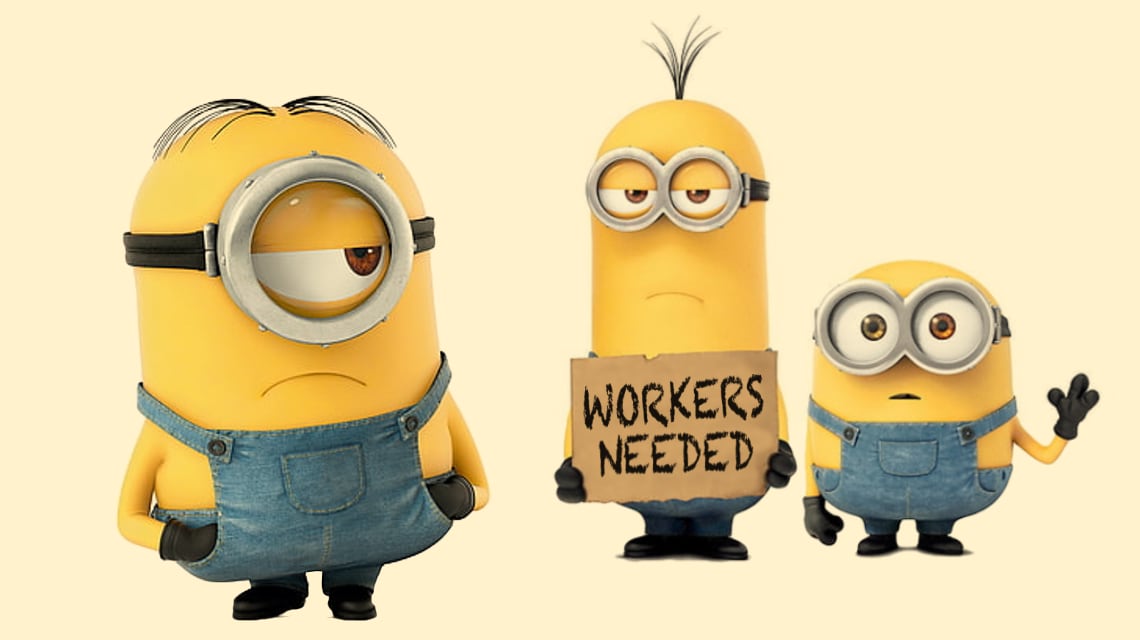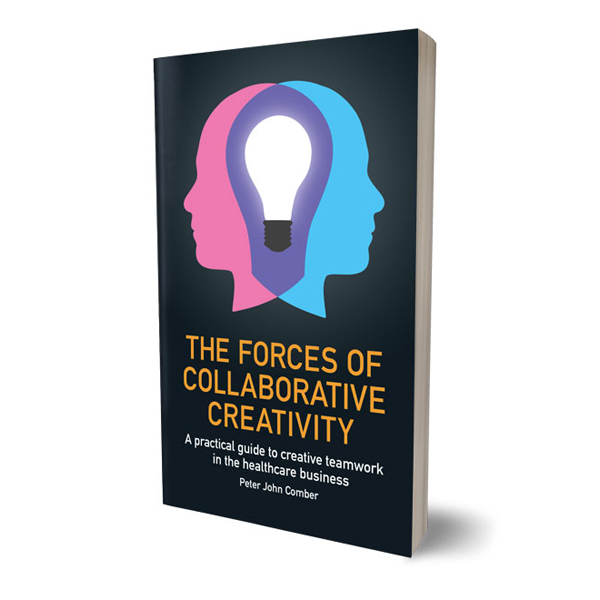Pharma’s sins of omission.
The pharmaceutical industry continues to passively wear its gag when it should be ripping it off.
Sixteen months ago, in Pica#060, I wrote: “The public perception of pharma is grim, caused by decades of being opaque, inscrutable and the subject of overwhelmingly bad press - it’s time for the industry to act collectively to restore a public image that does it justice.”
At that time, in the Gallup poll ‘Americans' Views of U.S. Business and Industry Sectors, 2019’ the pharmaceutical industry sat at the very bottom of the ranking with a net score of -31. In the 2020 edition of the same poll, the pharmaceutical industry's rating increased to -15 and moved up to the penultimate spot on the ranking.
Viewed in isolation this result appears better than it is. Over the same period, the healthcare industry saw a 13-point increase to 51% positive opinions and a net score of +20. For the first time in the 20 years of Gallup measurement, a majority of Americans rated healthcare positively.
The pharma industry has an image problem and worse, the science of the industry has credibility issues. In December 2020, when approval of the first covid-19 vaccine was imminent, a survey carried out by Public Health France discovered that only 31% of people aged 18-49 said they intended to receive a coronavirus jab. The percentages improve in older age groups and attitudes in different European countries tend to be better but a significant part of the general population don’t trust vaccines.
In Europe, the responsibility for the health of the community lies with national governments and, in many cases, the responsibility is segmented further into regions. The traditional argument is that ensuring broad adoption of individual behaviour in the interest of the collective is a job for national and local authorities.
Sadly, governmental authorities have proven spectacularly inept at handling healthcare messages and they too suffer from a lack of credibility. Many people distrust big business but an even larger number distrust the authorities. The spot at the very bottom of the Gallup poll vacated by the pharmaceutical industry is now occupied by the government.
The Covid-19 pandemic is an immense tragedy. The speed and effectiveness of the pharma industry’s response should be applauded. Everyone should be aware of the inherent risks of an extraordinarily expedited development and deployment of vaccines and why the risk is not only acceptable but inevitable.
This was a (hopefully) unique opportunity to educate the general population and gain their trust and respect and yet the protagonists have continued to isolate themselves, perpetuating the opaque and inscrutable pharma-facade. I realise that this is merely conforming to the rules established by the authorities. However, even before sars-cov-2, we were living in the age of disruption and since it has spread these are not normal times.
The exceptional circumstances could have and should have allowed provision in the contracts with the EU for vaccine producers to communicate directly with the public, not to promote a specific vaccine but to explain the technology and science. This was an opportunity for pharma to engage directly with the general public and inform them. Vaccines are complex, their efficacy and safety are imperfect, their considerable advantages are guaranteed to society, not to the individual. This needs to be explained for the vaccination efforts to be fully successful. The reality of virus mutations needs to be confronted and understood for subsequent waves of mass booster inoculations to be accepted. Society needs this knowledge and pharma companies should be allowed to do this job.
Politicians, and by proximity, the experts they employ, lack credibility and struggle when confronted with complexity. Yet they are the faces and their’s are the words that fill the news. I have not seen one spokesperson for Pfizer, Moderna, Astra-Zeneca or Janssen speak to the press or communicate in any way except with dry press releases.
A rising tide lifts all boats, except those that are tied down. The pandemic has made the general public painfully aware of our collective reliance on the healthcare industry and its fantastic efforts and achievements of the last year have not gone unnoticed, only under-appreciated. In Europe, the negative perception of pharma and vaccines has worsened with the rise of social media because pharma has been locked out of an increasingly insane conversation. The absence of a voice of reason and authority has allowed false narratives to prosper. The fault lies with the authorities but is shared by pharma companies that pass up any opportunity to change the rules of engagement. Their passivity is harmful to themselves, to the whole healthcare system and society.





